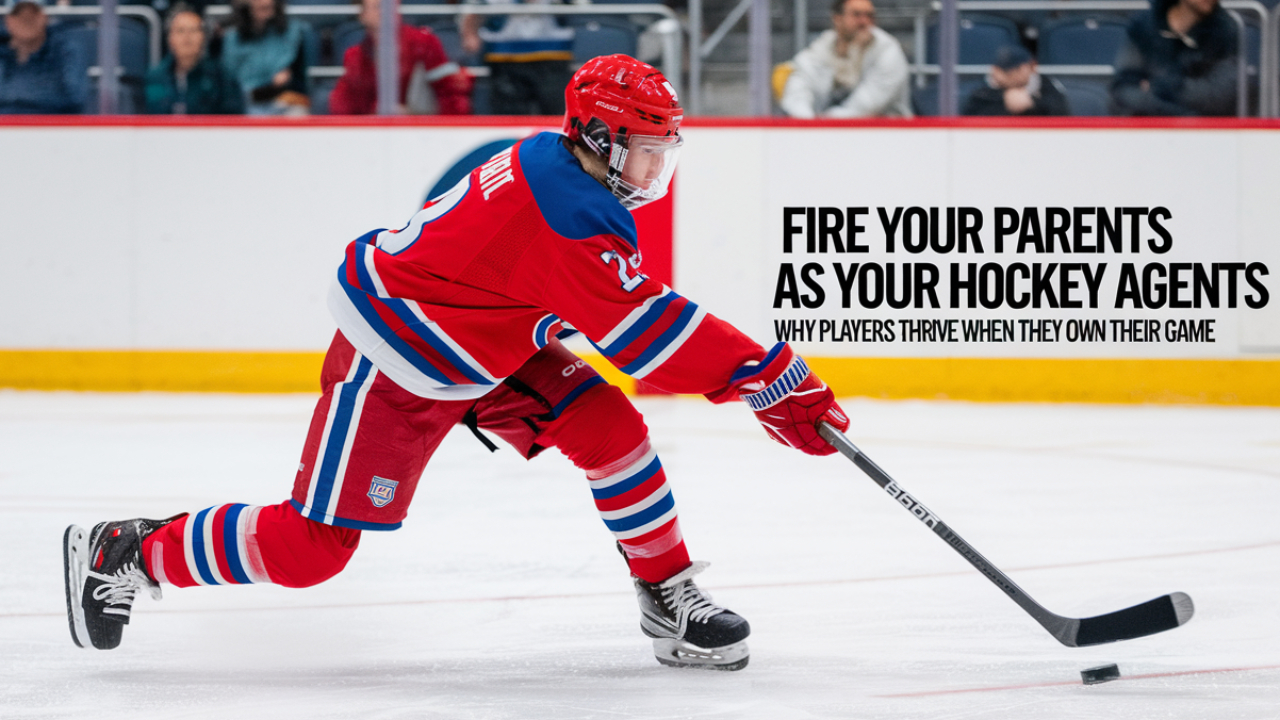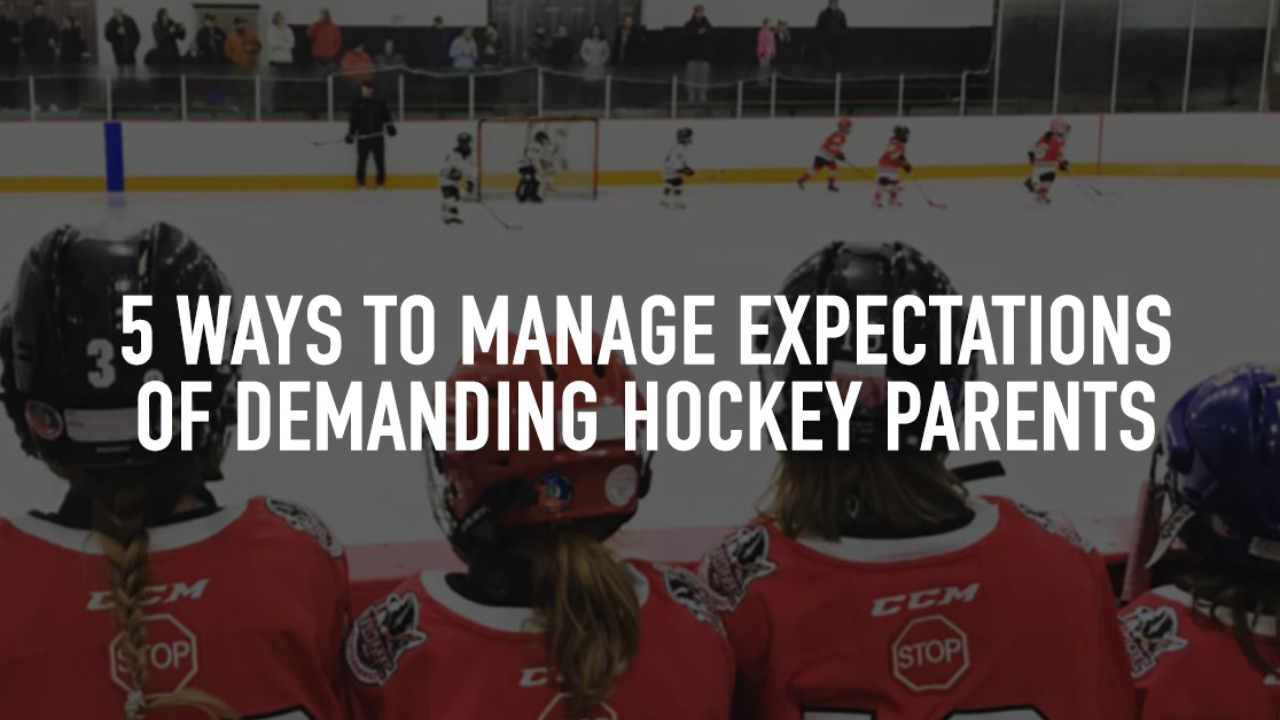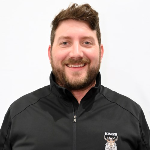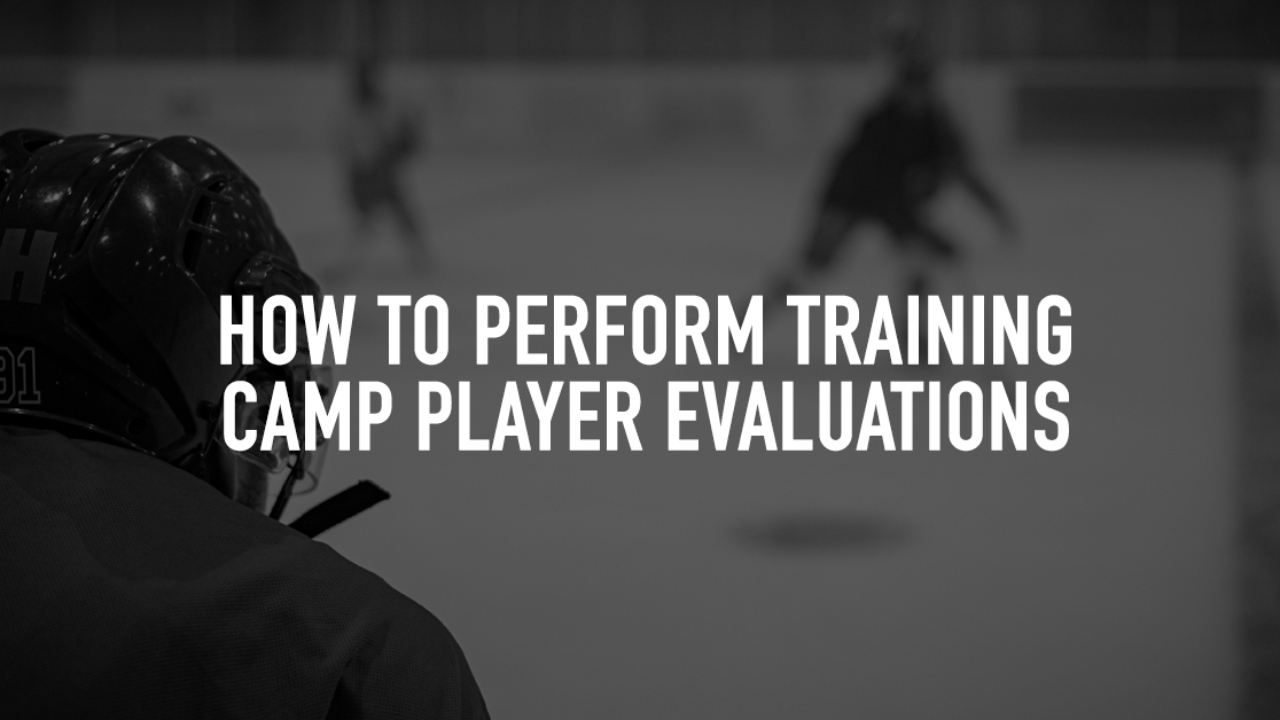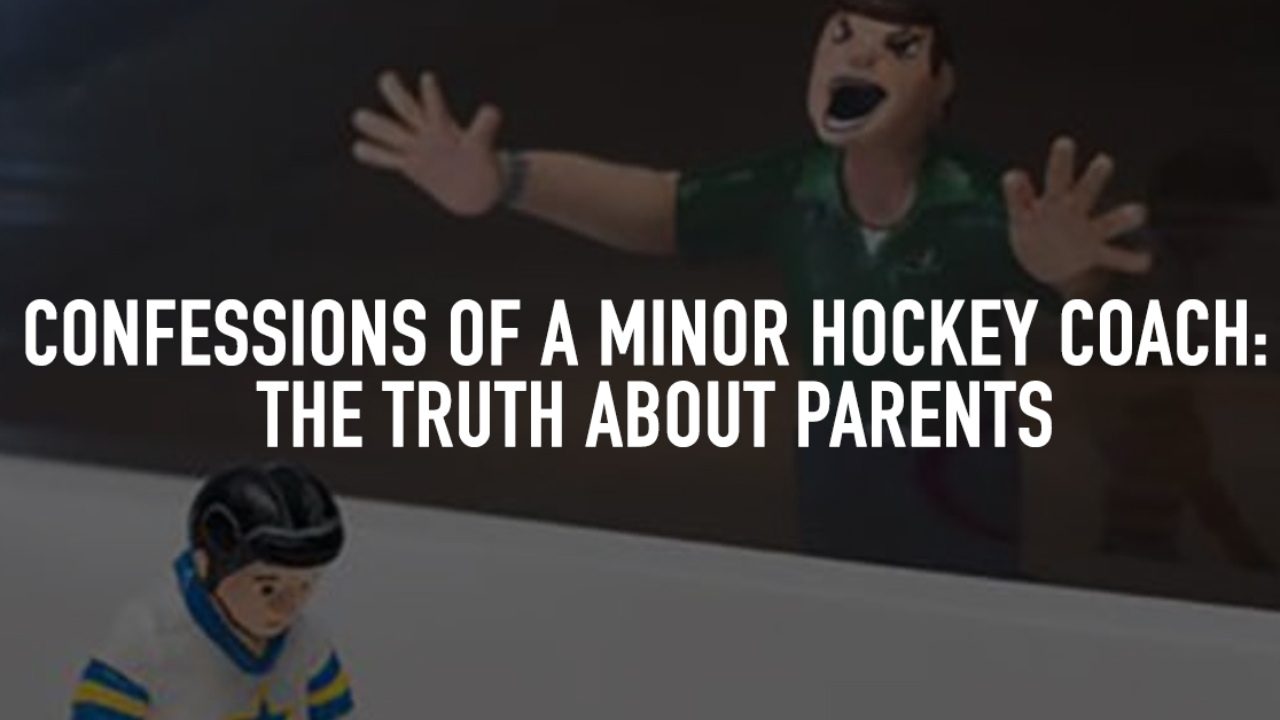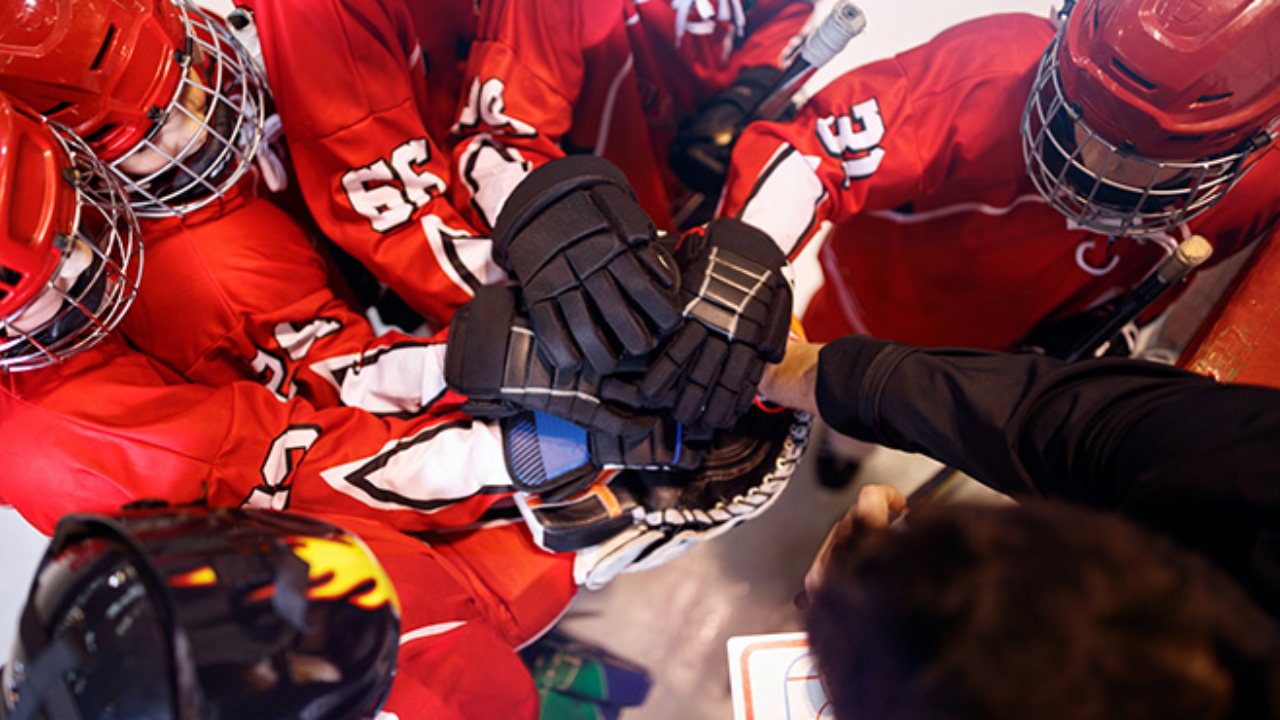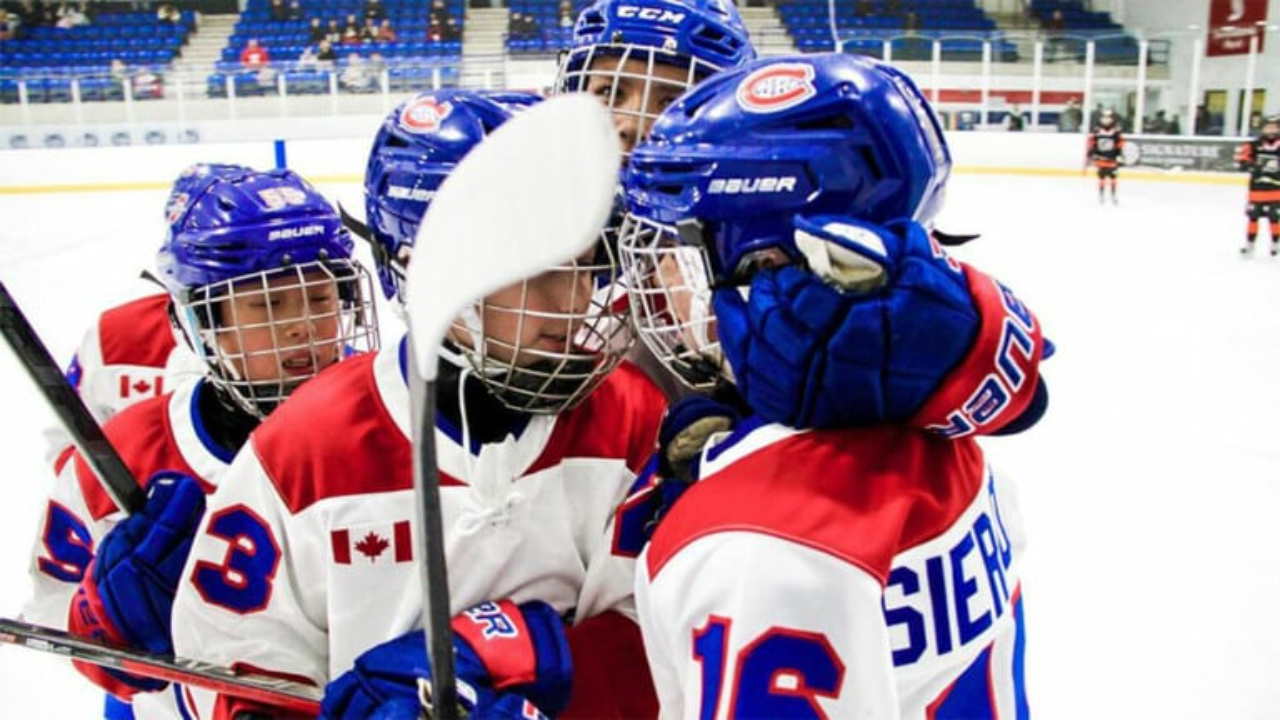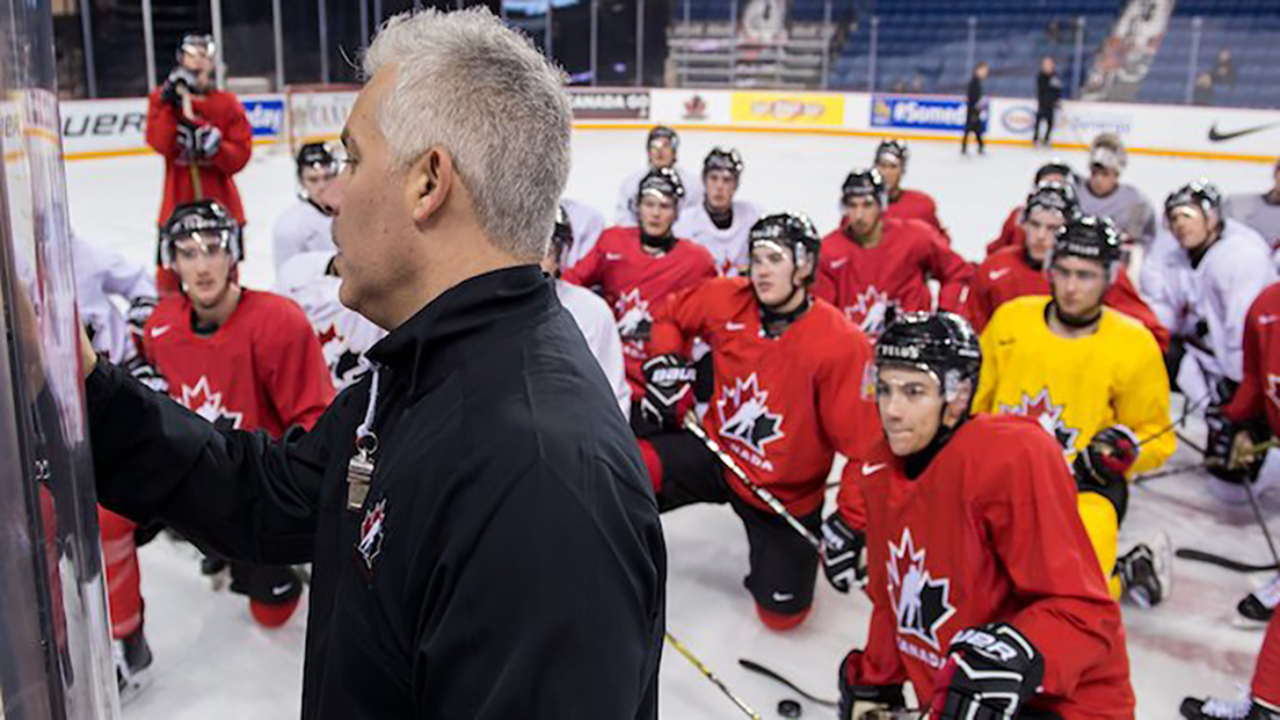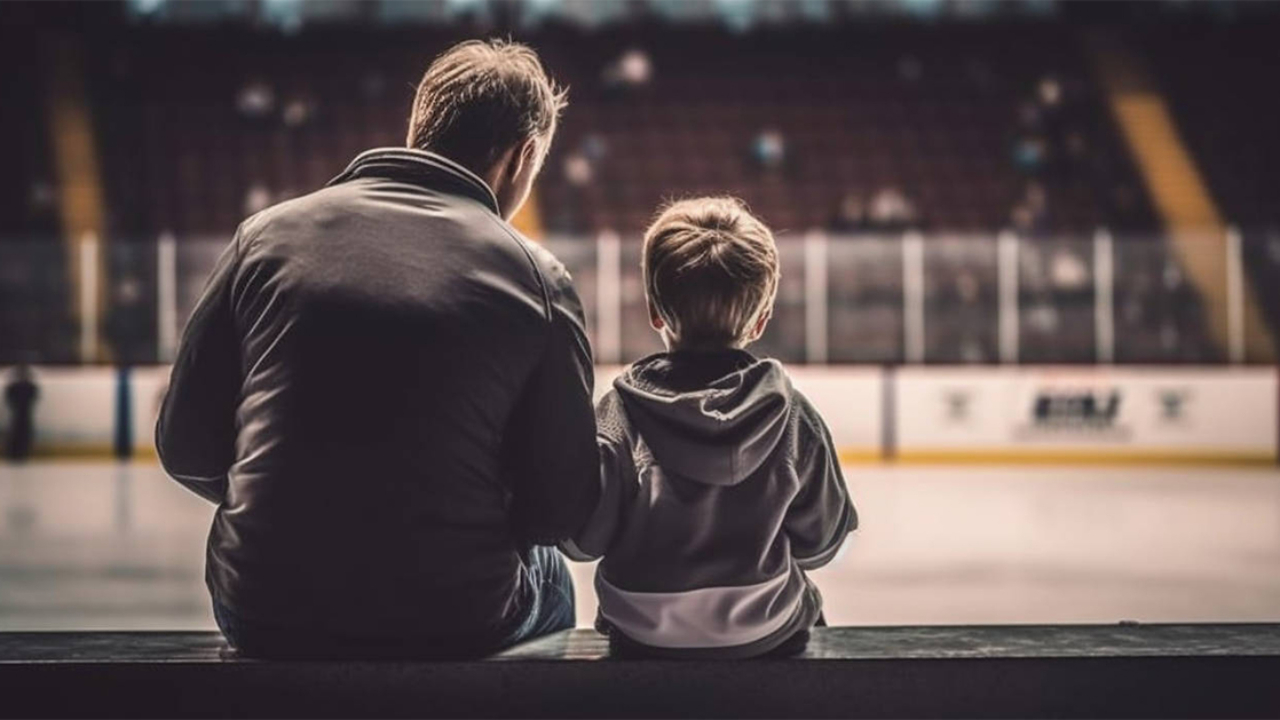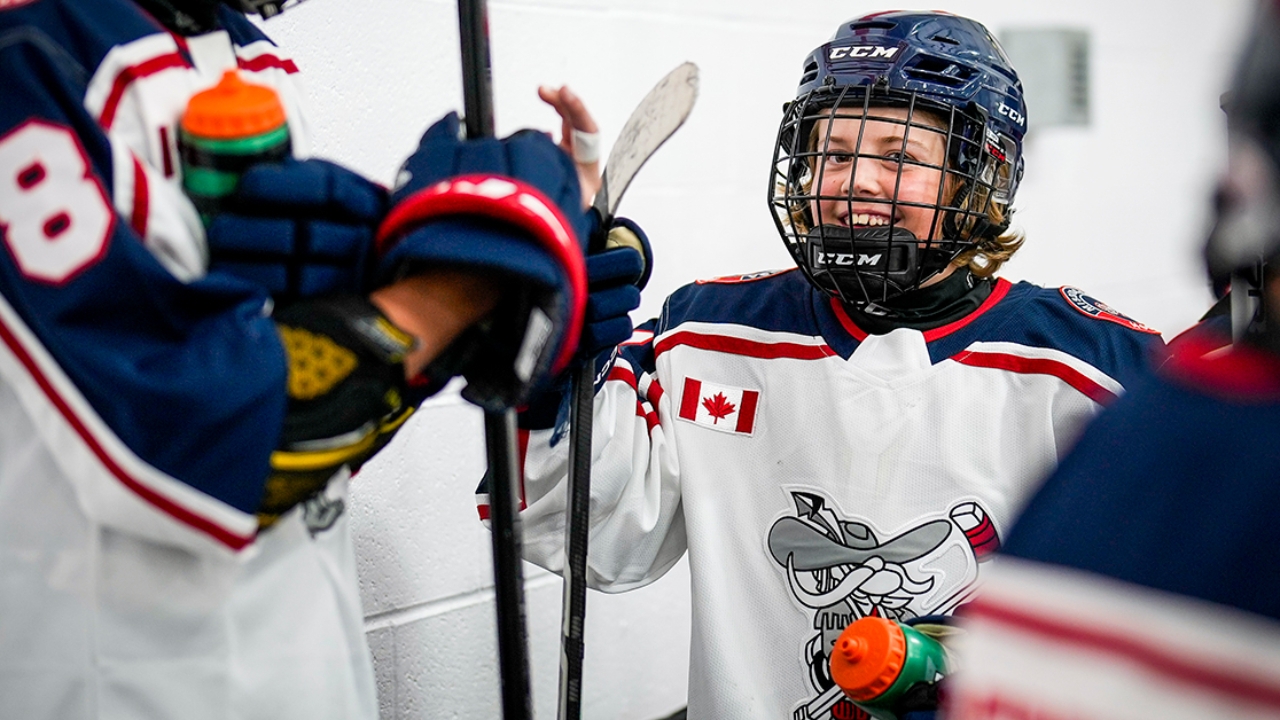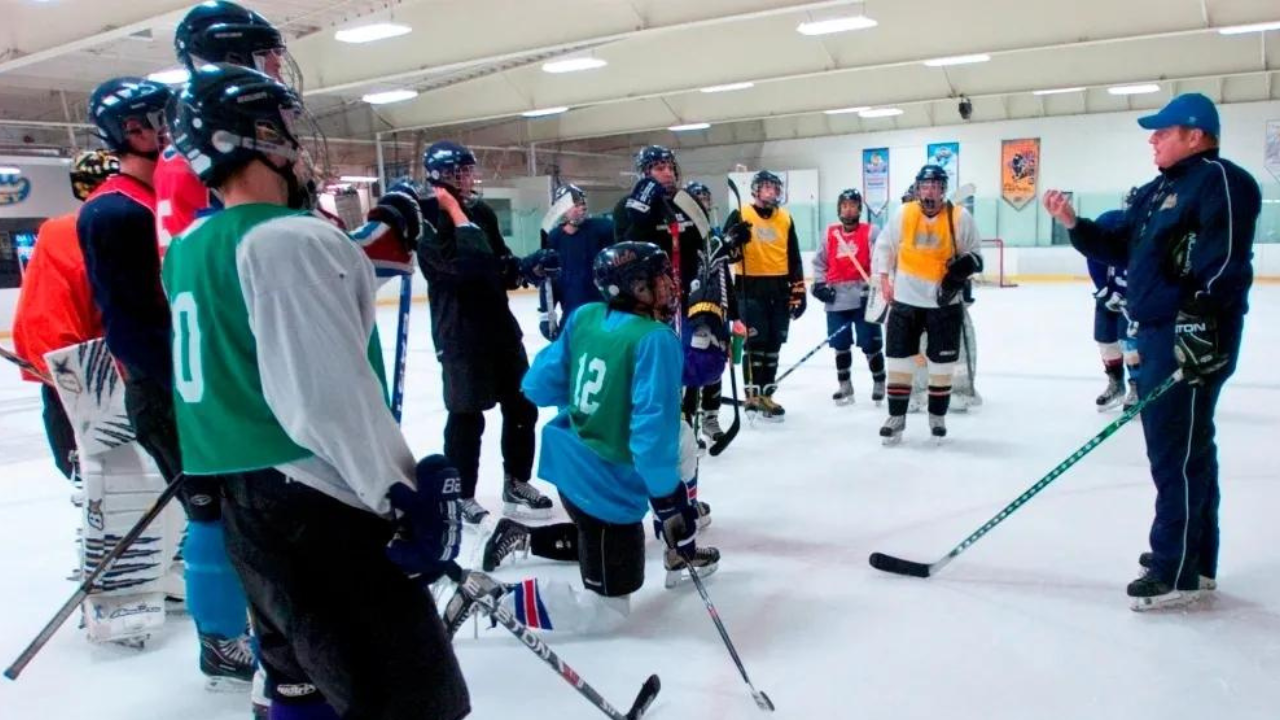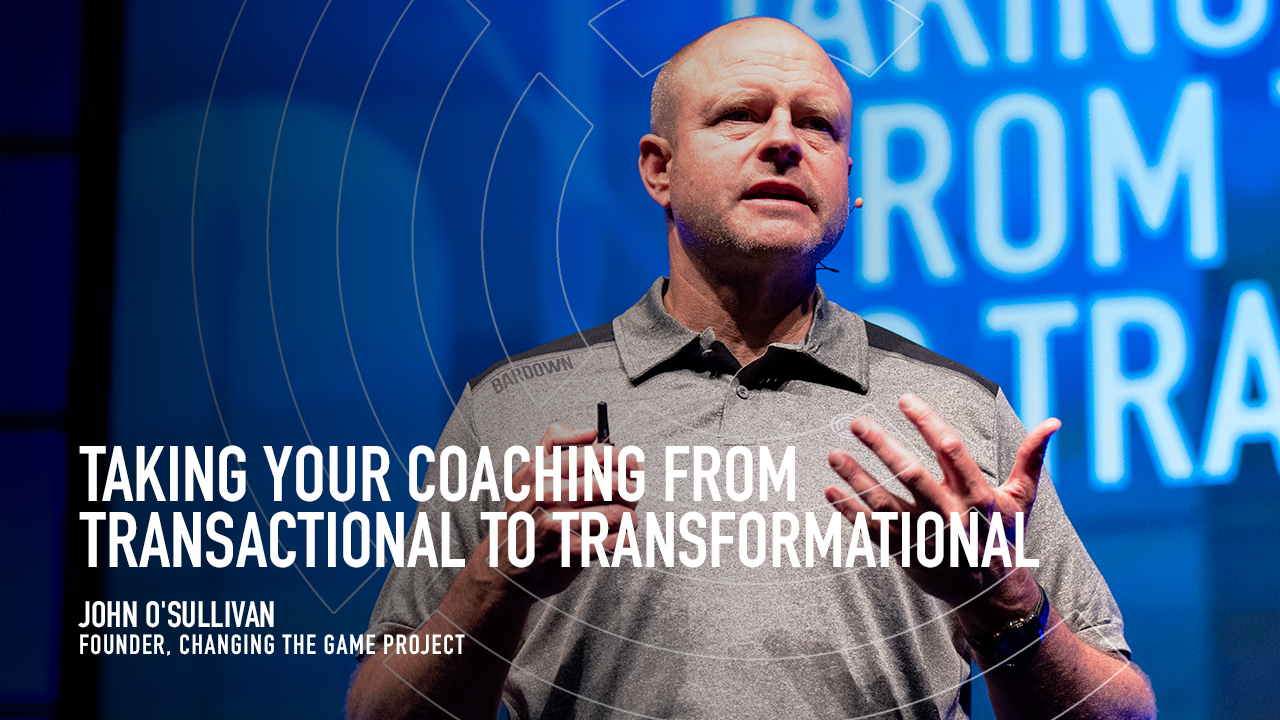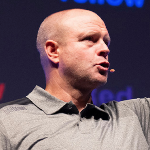Why Players Thrive When They Own Their Game
At the start of the season, I tell my players (ages 15-17) to “fire their parents as their hockey agents.”
Why? Because young athletes must take ownership of their journey. This is about more than just hockey—it’s about learning to advocate for themselves, build confidence, and develop real-life skills that will serve them far beyond the rink. And most importantly, when they take control, they have more fun playing and develop a deeper love for the game.
Taking Ownership: The First Step to Growth
Too often, young athletes rely on parents to handle tough conversations with coaches, teammates, and even themselves. By removing that safety net, players learn to think critically about their development and take responsibility for their progress. They stop playing for their parents' approval and start playing for their own passion and goals—which makes the game more enjoyable.
One of my players always had her mom ask me about ice time. One day, I told her, “If you want more minutes, come talk to me yourself.” At first, she was nervous. But when she finally sat down and asked me what she needed to work on, we had a great conversation. She realized it wasn’t about favoritism or politics—it was about specific things she could control. A few weeks later, after putting in extra work in practice, she earned a bigger role. That moment changed her confidence—not just in hockey, but in life.
Confidence Comes from Personal Accountability
When players manage their own hockey experience, they:
- Initiate conversations with coaches about their role on the team.
- Manage their own schedule.
- Handle their own gear, game preparation and nutrition.
- Learn to embrace feedback directly, rather than filtering it through parents.
Confidence isn’t just about skill—it’s about knowing you are in control of your journey. And when players feel more confident, they play with more freedom and have more fun on the ice.
I had a defenseman who always hesitated on the ice—afraid to make mistakes. One day, I told her, “Stop looking at your dad after every shift. Play the game for yourself.” The next game, she didn’t glance at the stands once. She started jumping into rushes, taking risks, and actually enjoying herself. Afterward, she told me, “That was the most fun I’ve had playing hockey in years.”
Learning to Communicate Like an Adult
Hockey is full of important interpersonal dynamics:
- Talking to a coach about ice time.
- Handling conflicts with teammates maturely.
- Asking for feedback constructively.
If parents always step in, players never develop these critical life skills. By taking ownership, they practice professionalism at a young age—something that will help them in school, jobs, and life.
I had a player, whose dad would constantly email me about power play time. One day, I asked her, “Do you actually want to be on the power play, or is this your dad’s dream?” She hesitated, then admitted, “Honestly, I love the penalty kill way more.” Once her dad backed off, she fully embraced her role, became an elite penalty killer, and—most importantly—had more fun.
Parents Should Be Supporters, Not Managers
Parents naturally want to help, but over-involvement can be counterproductive. Many players resent hockey because they feel it’s controlled by their parents, rather than something they truly own. When players “fire” their parents as agents, parents transition into a healthier role:
- Encouraging without interfering.
- Being a support system, not a spokesperson.
- Celebrating their child’s independence.
Often parents want to get involved in their child’s recruitment to university or college teams. But when you talk with these coaches, the message is clear: If you want to play at the next level, you have to show you can advocate for yourself.
Coaches and scouts want to deal with mature, confident players—not parents.
Players develop a stronger emotional connection to the game when they feel like it’s theirs, not something their parents are managing for them.
Long-Term Benefits: Hockey as a Training Ground for Life
A player who learns to speak up for themselves in hockey will be more comfortable doing so:
- In college (negotiating with professors, handling team responsibilities).
- In the workplace (advocating for promotions, handling conflict professionally).
- In life in general (making confident decisions, setting personal goals).
Hockey isn’t just about the sport—it’s a microcosm of real-world challenges. And when players feel in control of their own experience, they enjoy it more, stay in the game longer, and develop a lifelong love for hockey.
A former player of mine once told me, “The first time I had to ask a professor for an extension in college, I wasn’t scared at all—because I’d already learned how to have tough conversations in hockey.” The confidence she built in the rink stayed with her for life.
Players who take ownership don’t just become better athletes—they have more fun, stay in the sport longer, and enjoy hockey in a deeper, more meaningful way.
The Players Who Have the Most Fun Stay in the Game Longer
The biggest reason players quit hockey? It stops being fun.
The best way to keep hockey fun? Let players take control of their own experience.
Players who love the game work harder, improve faster, and enjoy every moment more.
The rink becomes a place of excitement, not stress. Players don’t just stay in the game—they thrive in it.
Ownership Makes Hockey More Fun
By telling my players to “fire their parents as their hockey agents,” I’m not just teaching them independence — I’m helping them take full ownership of their journey. They feel less pressure, gain confidence and develop a lifelong love of the game.
They don’t just become better hockey players—they have more fun playing than they ever thought possible.

